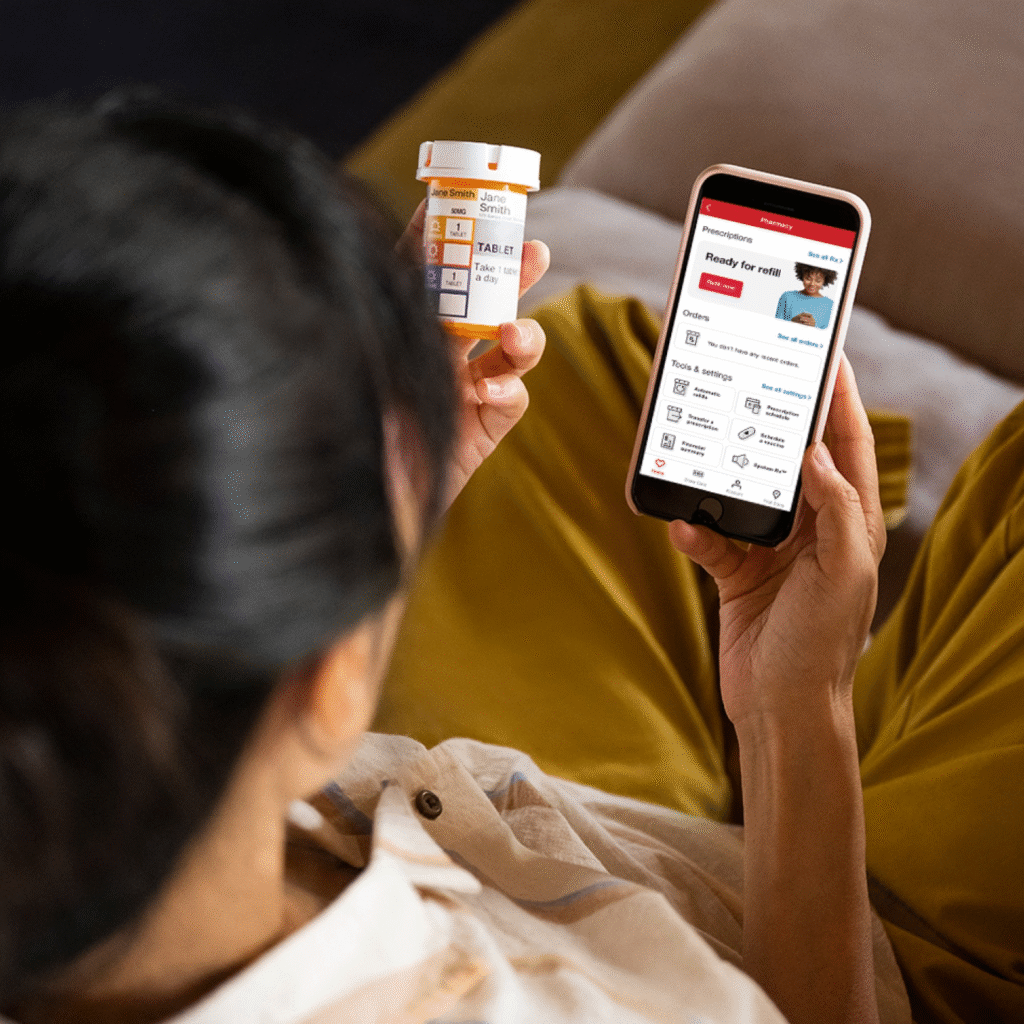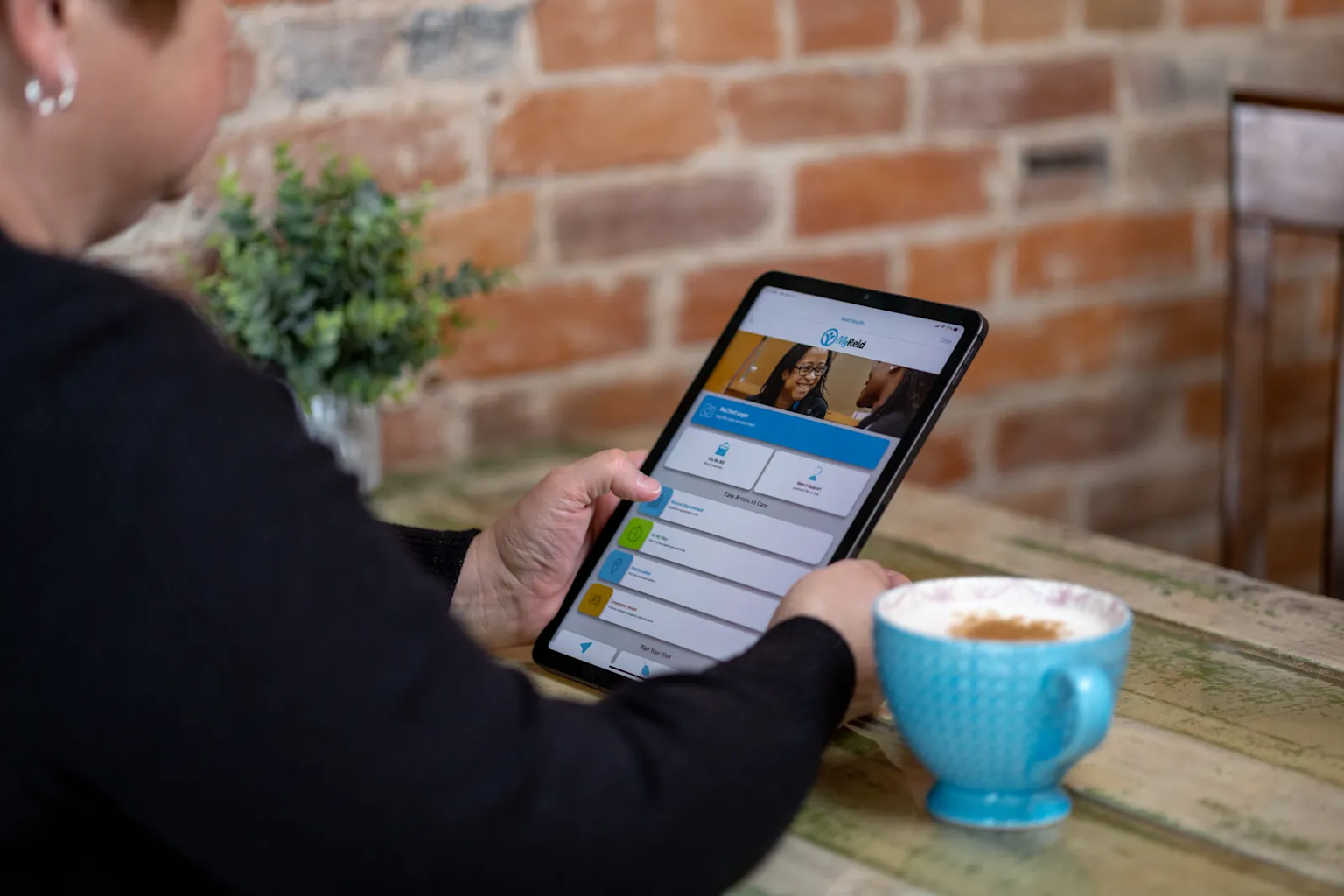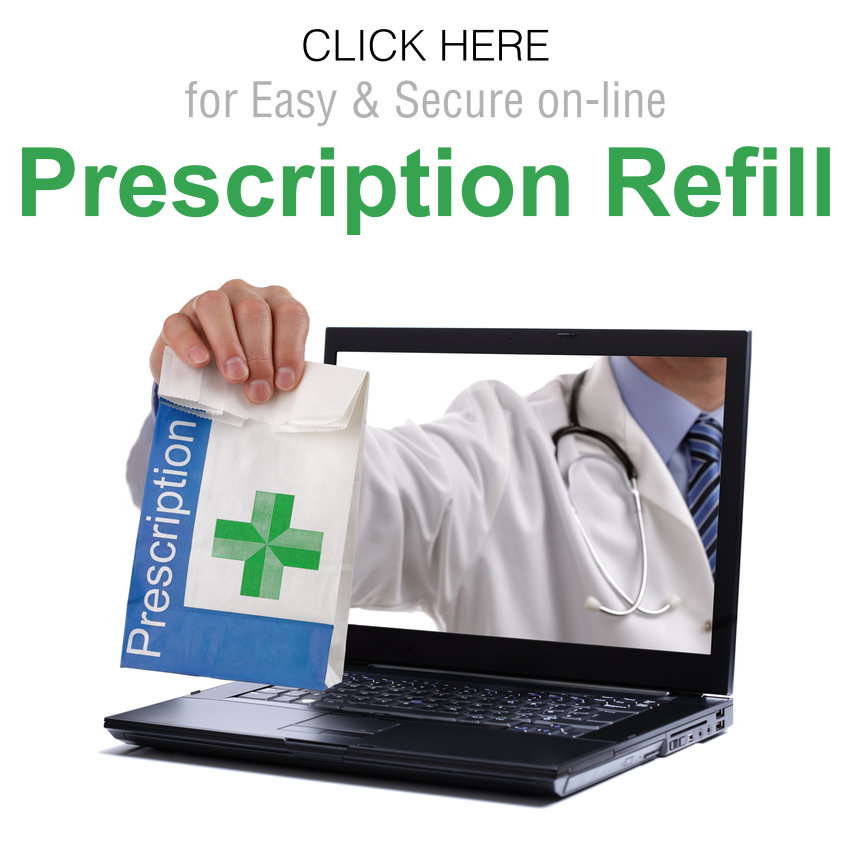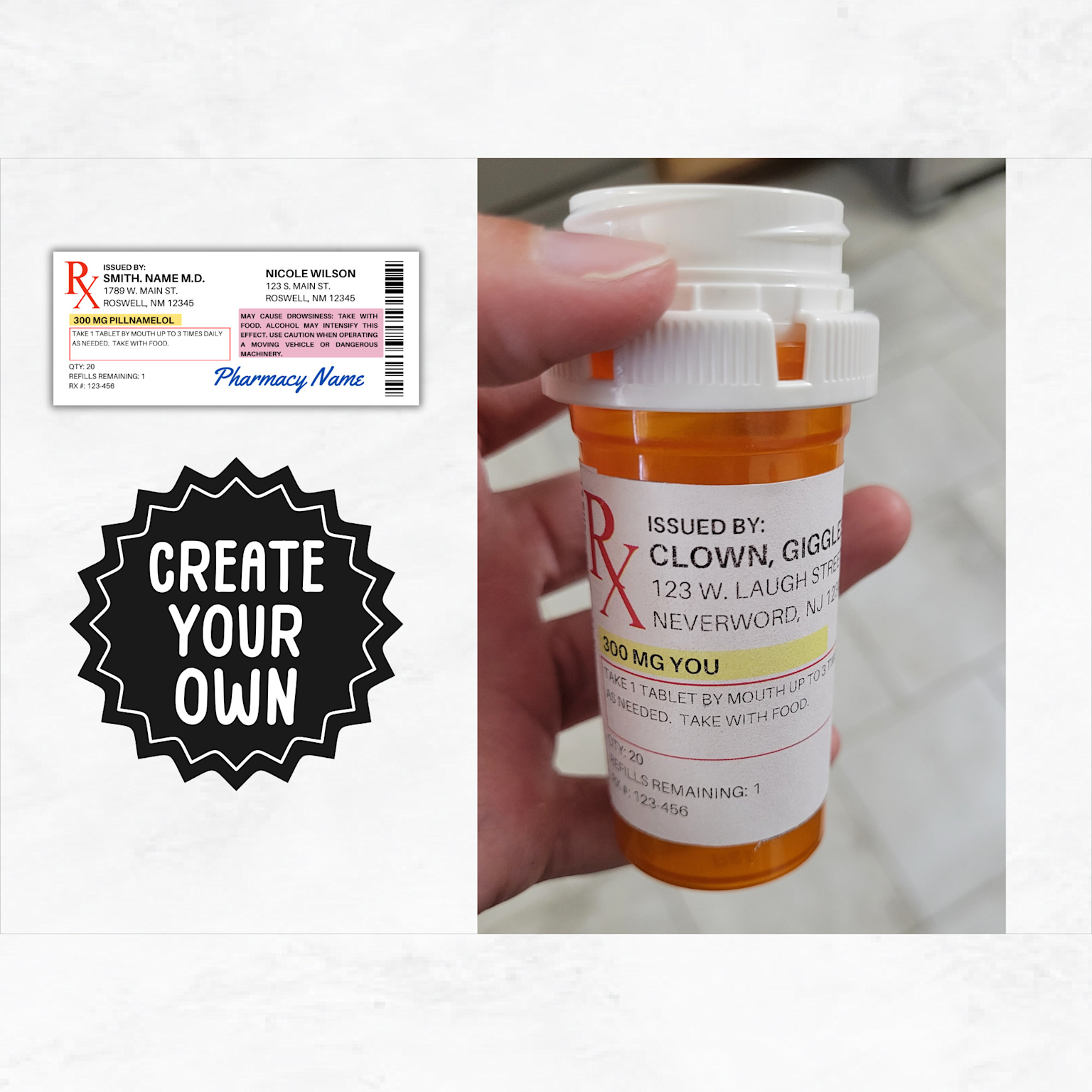How do i get my prescription refilled
Person using a pharmacy app on a smartphone to refill a prescription medication cvs
Getting your prescription refilled doesn’t have to be complicated or time-consuming. With modern pharmacy services, multiple convenient options exist to ensure you never run out of your essential medications. Whether you prefer traditional methods, digital solutions, or automatic services, understanding the refill process can save you time and prevent dangerous gaps in your treatment.
For personalized prescription management and expert consultation, visit Smile Pharmacy’s blog where our experienced pharmacists provide comprehensive medication optimization services.

Understanding Your Prescription Label
Prescription bottle of amoxicillin showing label with no refills and doctor authorization required alamy
Before requesting any refill, it’s crucial to understand the information on your prescription bottle label. The label contains essential details that determine whether you can get a refill and how to proceed.kidshealth+1
Key Information on Your Prescription Label:
- Prescription number (Rx#): Unique identifier for your medication
- Refills remaining: Shows how many refills you have left
- Expiration date: When your prescription expires
- Pharmacy phone number: Contact information for refill requests
- Medication details: Drug name, strength, and dosage instructions
If your label shows “No Refills” or “Dr. Auth Required,” you’ll need a new prescription from your healthcare provider before getting additional medication. For controlled substances, special restrictions may apply regardless of remaining refills.
5 Main Ways to Get Your Prescription Refilled
1. In-Person Pharmacy Visits
An elderly man holds a prescription pharmacy bag inside a medical store, illustrating the process of picking up prescription medications vecteezy
The traditional method involves visiting your pharmacy directly. This approach offers several advantages:
Benefits of In-Person Refills:
- Immediate consultation with pharmacists
- Ability to address concerns about medications

Pharmacist consulting a patient about prescription medication in a pharmacy setting renuerx
- Option to wait for your prescription or return later
- Direct insurance verification and problem resolution
Process for In-Person Refills:
- Bring your prescription bottle or prescription number
- Present your insurance card and identification
- Wait for processing (typically 15-30 minutes)
- Collect your medication and receive counseling if needed
2. Phone-Based Refill Requests
Most pharmacies offer 24/7 automated phone systems for refill requests. This method provides convenience without requiring a pharmacy visit.kidshealth+1
Phone Refill Process:
- Call the pharmacy number on your medication label
- Follow automated prompts to enter prescription numbers
- Provide your date of birth and other verification information
- Choose pickup time and confirm your order
Many pharmacies also accept refill requests via text messaging for added convenience.
3. Mobile Apps and Digital Solutions

A person using a digital app on a tablet to manage and refill prescriptions conveniently from home reidhealth
Modern pharmacy apps have revolutionized prescription refill management, offering unprecedented convenience and functionality.hudsonrx+2
Popular Pharmacy App Features:
- Barcode scanning: Use your phone’s camera to scan prescription bottles
- Multiple prescription refills: Order up to 3-5 prescriptions simultaneously
- Order tracking: Monitor prescription status in real-time
- Automatic notifications: Receive alerts when refills are ready
- Prescription history: View complete medication records
Leading Pharmacy Apps:
- CVS Specialty app for specialty medications
- Walgreens mobile app with virtual healthcare options
- CenterWell Pharmacy app with snap-to-fill technology
- Express Scripts app with automatic refill options
4. Online Pharmacy Portals

Doctor offering a prescription bag through a laptop screen symbolizing easy online prescription refill services bathurstdrugmart
Web-based refill services offer comprehensive prescription management from your computer or mobile browser.
Online Refill Advantages:
- Access prescription history and details
- Set up automatic refill programs
- Manage insurance information and payment methods
- Schedule delivery or pickup preferences
To use online refills, you’ll typically need to create an account using your prescription information and personal details.
5. Automatic Refill Programs
Automatic refill services represent the most convenient option for managing chronic medications, eliminating the need to remember refill dates.
How Automatic Refills Work:
- Enrollment: Sign up for the program at your pharmacy
- Medication selection: Choose eligible prescriptions (typically maintenance medications)
- Processing: Pharmacy automatically prepares refills before you run out
- Notification: Receive alerts when medications are ready
- Pickup or delivery: Collect medications or have them delivered
Benefits of Automatic Refills:
- Improved medication adherence rates
- Reduced pharmacy wait times
- Never miss doses due to forgotten refills
- Better inventory management for expensive medications
For comprehensive automatic refill setup and medication synchronization services, consult the experts at Smile Pharmacy’s blog.
When You Can’t Get Standard Refills
Out of Refills Situation
When your prescription shows no remaining refills, you have several options:
Options When Refills Are Exhausted:
- Contact your prescribing physician: Request prescription renewal
- Use telemedicine services: Online doctors can authorize refills for appropriate medications
- Visit urgent care clinics: For certain medications, urgent care providers may authorize refills
- Emergency refills: Some states allow pharmacist-authorized emergency supplies
Emergency Refill Situations
Emergency refill laws vary significantly by state, but most allow pharmacists to provide temporary supplies under specific circumstances.
Common Emergency Refill Scenarios:
- Natural disasters affecting medication access
- Lost or stolen medications
- Travel situations requiring early refills
- Pharmacy closures or prescription transfer delays
State-Specific Emergency Refill Allowances:
| State Category | Supply Duration | Special Conditions |
|---|---|---|
| Declared Emergency States | Up to 30 days | Governor declares state of emergency |
| General Emergency States | 72 hours | Pharmacist unable to contact prescriber |
| Extended Emergency States | 7-10 days | Professional judgment basis |
| No Emergency Laws | N/A | 16 states have no specific provisions |
Controlled Substance Refill Requirements

Sample prescription label template alongside a prescription pill bottle showing typical medication and refill information etsy
Controlled substances face stricter regulations that significantly impact refill processes.
Schedule-Based Refill Rules
Schedule II Medications (Adderall, Vyvanse, Oxycodone):
- Cannot be refilled – require new prescriptions each time
- Valid for 30 days to 6 months depending on state
- No emergency refills allowed
Schedule III-IV Medications (Benzodiazepines, Tramadol):
- Maximum 5 refills within 6 months
- Can be refilled when 75% of supply is used
- Limited emergency refill options
Schedule V Medications (Lyrica, certain cough medicines):
- May be refilled as authorized by prescriber
- Subject to individual state regulations
Prescription Transfer Between Pharmacies
Sometimes you need to transfer prescriptions from one pharmacy to another for convenience, cost savings, or service preferences.
Transfer Process Steps
Step 1: Choose Your New Pharmacy
Consider factors like location, hours, insurance acceptance, and available services.
Step 2: Provide Transfer Information
- Your personal information (name, DOB, address)
- Insurance card details
- Prescription numbers from medication bottles
- Current pharmacy contact information
Step 3: Complete the Transfer
- New pharmacy contacts your old pharmacy directly
- Transfer typically takes 2-3 business days
- Controlled substances may have additional restrictions
Important Note: Always let your new pharmacy initiate the transfer process, as your current pharmacy typically cannot start transfers independently.
Insurance Considerations and Coverage
Understanding your insurance coverage is crucial for smooth prescription refills and cost management.
Insurance Refill Rules
Common Insurance Policies:
- 28-day refill rule: Can refill when 85% of medication is used
- 90-day prescriptions: Typically refillable at 70-75% depletion
- Travel overrides: Early refills allowed for vacation with notification
- Quantity limits: Restrictions on amounts covered within specific timeframes
One-Time Refill Programs
Many insurance companies offer one-time refill programs for new members or coverage transitions:
- Temporary coverage for non-formulary medications
- Bridge supplies while awaiting prior authorizations
- Emergency refills during coverage gaps
Telemedicine and Online Prescription Services
Telemedicine has expanded access to prescription refills, especially for patients without regular healthcare providers.
Telemedicine Refill Services:
- Virtual consultations with licensed providers
- Same-day appointments often available
- Direct prescription transmission to pharmacies
- Coverage for both controlled and non-controlled medications
Popular Telemedicine Platforms:
- Teladoc, MDLIVE, and Amwell for general refills
- Specialized platforms for chronic condition management
- Pharmacy-integrated telehealth services
Trust the healthcare professionals at Smile Pharmacy’s blog for guidance on telemedicine options and prescription management strategies.
Best Practices for Prescription Refill Management
Planning and Organization
Effective Refill Management:
- Track refill dates: Use calendars, apps, or pill organizers to monitor supplies
- Refill early when possible: Most plans allow refills 2-3 days early
- Synchronize refills: Coordinate all medications for the same pickup date
- Plan for travel: Request vacation overrides well in advance
Communication with Healthcare Providers
Maintain Regular Contact:
- Schedule annual medication reviews
- Report side effects or concerns promptly
- Keep providers informed of pharmacy changes
- Request prescription consolidation when appropriate
Record Keeping
Important Documentation:
- Maintain current medication lists
- Record any allergic reactions or adverse effects
- Track insurance changes and coverage updates
- Keep emergency contact information for all providers
Troubleshooting Common Refill Problems
Insurance Denials
Common Resolution Strategies:
- Verify current coverage and formulary status
- Request prior authorization when needed
- Explore generic or therapeutic alternatives
- Consider manufacturer discount programs
Pharmacy Stock Issues
When Medications Are Unavailable:
- Request pharmacy to order medication
- Consider temporary transfers to pharmacies with stock
- Ask about therapeutic equivalents
- Plan ahead for specialty or uncommon medications
Technical Problems
Digital Service Issues:
- Verify prescription numbers and personal information
- Ensure insurance information is current
- Contact pharmacy directly if apps malfunction
- Have backup refill methods available
Cost Considerations and Savings Opportunities
Generic vs. Brand Name Medications
Cost-Saving Strategies:
- Request generic equivalents when available
- Compare prices between pharmacy chains
- Investigate 90-day supply discounts
- Explore pharmacy membership programs
Patient Assistance Programs
Available Resources:
- Manufacturer discount programs
- State prescription assistance programs
- Community health center services
- Pharmacy-specific savings programs
For personalized cost-saving strategies and prescription optimization, the experienced team at Smile Pharmacy’s blog can help identify the most affordable options for your specific medications.
When to Seek Professional Help
Pharmacy Consultation Indicators
Contact your pharmacist when you experience:
- Unusual side effects or drug interactions
- Questions about proper medication timing
- Insurance coverage issues
- Medication storage concerns
Healthcare Provider Contact
Reach out to your prescriber for:
- Dosage adjustments or medication changes
- New symptoms or health changes
- Prescription renewal beyond refill limits
- Questions about drug interactions with new medications
Frequently Asked Questions
Q: How early can I refill my prescription?
A: Most insurance plans allow refills when you’ve used 75-85% of your medication supply. For controlled substances, restrictions may be stricter, typically allowing refills at 75% for direct dispensing.
Q: Can I get prescription refills from a different pharmacy without transferring?
A: No, you must either transfer your prescription to the new pharmacy or get a new prescription from your doctor. Only the pharmacy of record can authorize refills.
Q: What should I do if I’m traveling and need medication refills?
A: Contact your insurance company about vacation overrides, which allow early refills for travel. Most plans offer at least one vacation refill per prescription annually.
Q: Are there any medications I can’t refill through automatic programs?
A: Controlled substances, antibiotics, and other short-term medications typically aren’t eligible for automatic refills. Most programs focus on maintenance medications for chronic conditions.
Q: How long do prescription refills take to process?
A: Standard refills typically take 15-30 minutes for in-person pickup, while mail-order refills may take 7-10 business days. Emergency refills can sometimes be processed immediately.
Q: Can pharmacists refuse to fill my prescription refill?
A: Yes, pharmacists can refuse refills if there are safety concerns, insurance issues, or if the prescription has expired. They may also be unable to fill if the medication is out of stock.
Q: What happens if I lose my medication bottle?
A: Contact your pharmacy with your personal information. They can look up your prescription in their system, though you may need to provide identification or insurance cards.
Q: Can I get emergency refills for controlled substances?
A: Most states don’t allow emergency refills for Schedule II controlled substances. Schedule III-V medications may qualify for limited emergency supplies in certain states.
Streamline your prescription refill experience with expert guidance from Smile Pharmacy’s blog. Our comprehensive medication management services ensure you never experience gaps in your essential treatments.